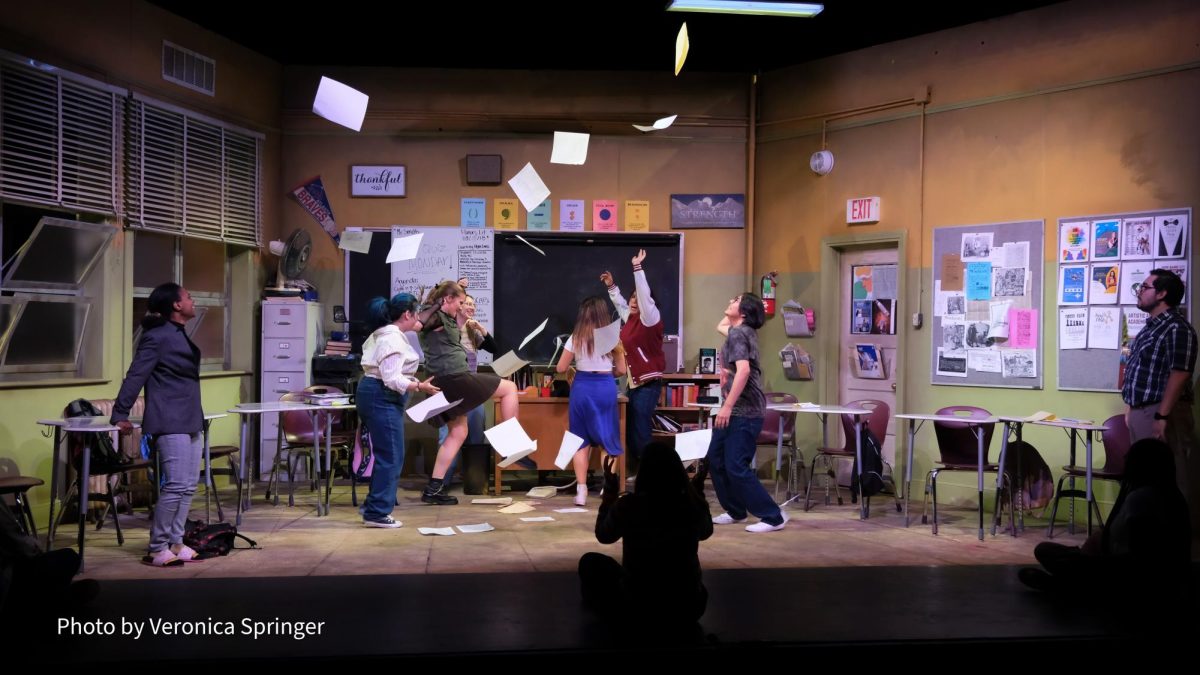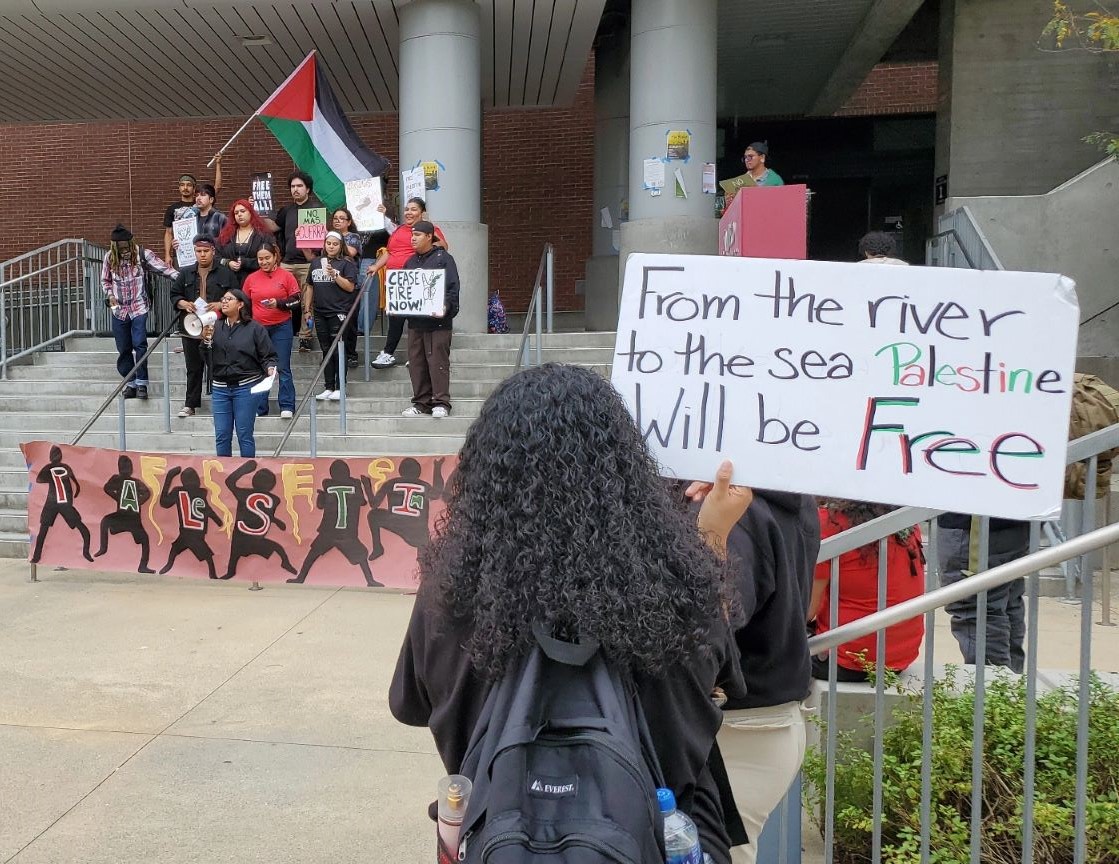So, the state government is asking us to vote in a special election on May 19. They’re putting six initiatives in the hands of California voters.
Five initiatives directly address the budget. One initiative is contingent upon another.
If you ask me, it all totals up to just another way the government has failed to do their job.
First, they couldn’t get the budget done on time. Now they’re asking Californians to finish the job for them, and let me try to explain how. It’s all really confusing.
California is dealing with a huge budget crisis (does it even need to be said) and rather than make the hard decisions that the state government needs to make to get things moving along, they have passed the buck over to the California voters.
On May 19, voters will decide whether or not California schools and community colleges will get the $9.3 billion dollars Proposition 1B promises them. $9.3 billion that many already believe is owed to the schools and should be paid, whether or not 1B passes.
Proposition 98 (in a nutshell) set the minimum limited funding available for schools and community colleges. It was an initiative voted and passed by Californians in 1988.
So (by law) the schools get a guaranteed minimum budget fund, which was stripped of approximately $12 billion in the last two years, according to the California Federation of Teachers.
If voters decide to shuck it and play along with the government by giving in to this “easy” fix to the school funding dilemma by voting to pass 1B, voters will also have to pass Proposition 1A.
Known as the “rainy day” fund increase and spending cap initiative, 1A will raise the current “rainy day” fund (yes, there’s a current “rainy day” fund already in existence and no, I don’t know where it all went) from five percent to 12.5 percent.
What does that mean? Basically, the state can’t spend any money until the fund, taken from the general revenue, reaches the 12.5 percent mark.
To make that clearer, voters are being asked to decide on whether or not they want to help out our schools and our children in California enough to also pass 1A’s “rainy day” fund increase that would raise taxes for an additional one to two years and create a spending cap.
I ask myself what this will all mean. I’m still pretty confused about what these initiatives will really do with our state budget, but a nagging voice I like to call common sense keeps chiming in that I’m just confused because the whole thing doesn’t make any sense whatsoever.
What I’ve gotten out of it so far is that Californians are being asked to determine whether or not schools deserve to get repaid the billions of dollars taken from them in the first place.
If these initiatives do pass, we can expect to see no money until the “rainy day” fund mark is met.
If the initiatives don’t pass, the governor has said that it could result in an $80 million cut for Cal Fire.
Call me crazy, but I happen to believe that things like public safety (and its maintenance) should be a top priority for funding, no matter what the budget is.
And especially during a drastic downturn as we’re experiencing now, with the state’s increasing crime.
Lastly (although I’m sure this isn’t the last time we’ll be asked to do their job), Californians will have to make the decision to cut spending on state programs and to increase sales and income tax for the next couple years if they decide to go along with the budget Propositions 1A through 1F will create.
Our leaders in Sacramento don’t appear to be willing to do what they were hired to do.
We elected these guys to govern for us and instead they ignore our past decisions and continue to ask us what to do about the same problem. And then they have us make the tough decisions for them.







